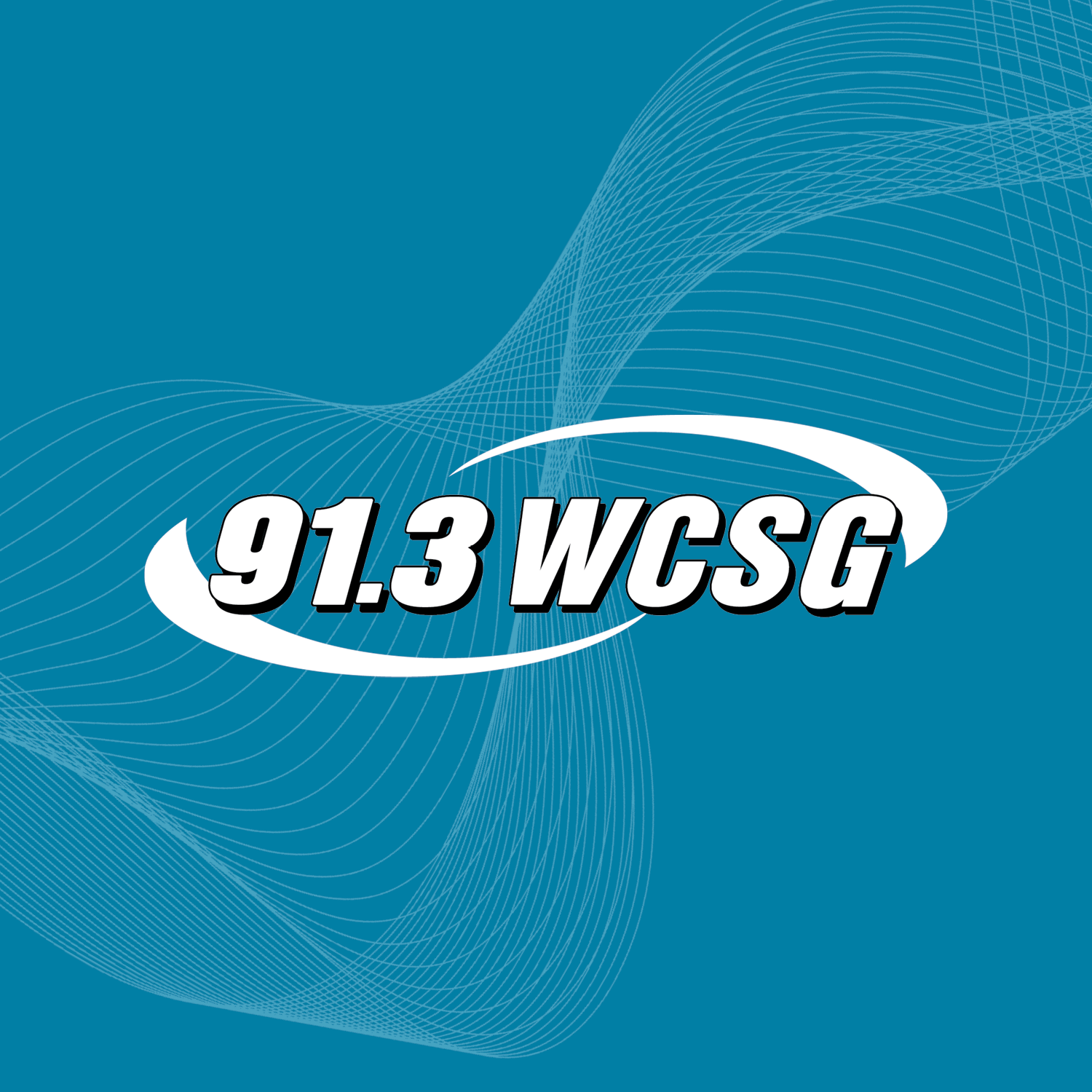
Students going to public and private universities will still be able to get some extra help funding their post-secondary education.
-Michigan lawmakers approved a sweeping college scholarship program. The program is one of the biggest investment in addressing college affordability.
The scholarship will provide up to $5,500 per student per year at Michigan’s 15 public universities and colleges.
Since COVID, the percentage of students enrolling in college within six months after graduation has dropped to 55% in 202 from 60% the year before.
Advocates predict 75% of Michigan families would qualify for the money.
The program also will provide up to $4,000 per student at private nonprofit colleges and up to $2,750 per student at community colleges and tribal colleges.
A related program would grant $2,000 for up to two years at a “qualified occupational training program” like those for manufacturing, information technology, health care and the construction industry.
To qualify, students must be from families where the “expected family contribution” — based on household income and ability to pay — is less than $25,000.
The scholarships are not available to students who attend schools outside of Michigan.
The program will begin helping students in the high school class of 2023 and students could get the scholarships for up to five years.
All students who graduated from a Michigan high school and are enrolled in college would be eligible. To continue getting the scholarship, students have to maintain “adequate student progress.”
Starting with the class of 2023, high school graduates will be eligible for more financial aid from the state, up to:
- $2,750 if they attend a community college, per year
- $5,500 if they attend a public university, per year
- $4,000 if they attend a private college or university, per year
Students will be eligible if their family demonstrates financial need when they complete the FAFSA. The Michigan Achievement Scholarship will cover:
- 94% of students attending community colleges
- 76% of students attending a public university
- 79% of students attending a private college or university
For additional information on the supplemental, view Senate Bills 842 and 844.

 09/05/25 - Frederick Meijer Gardens Sees 'Enlightenment' Return
09/05/25 - Frederick Meijer Gardens Sees 'Enlightenment' Return
 03/25/25 - Habitat Kent County Plans Major Housing Project
03/25/25 - Habitat Kent County Plans Major Housing Project


